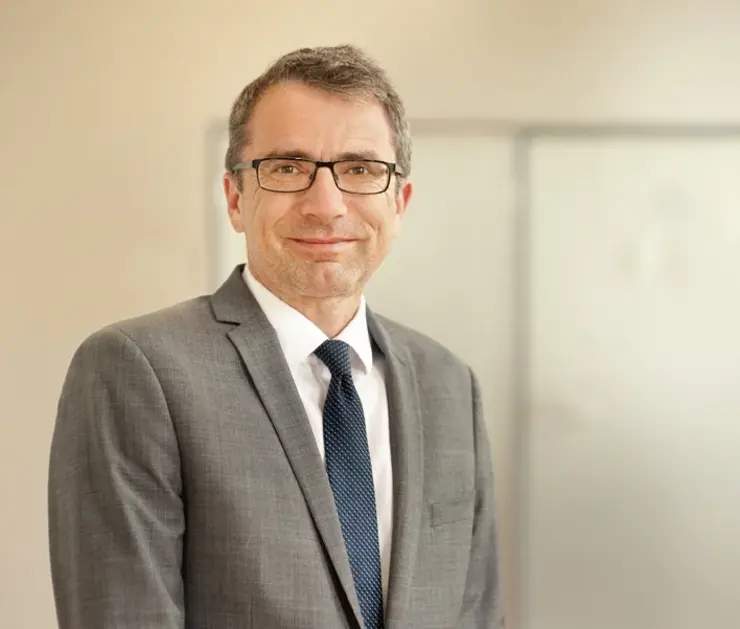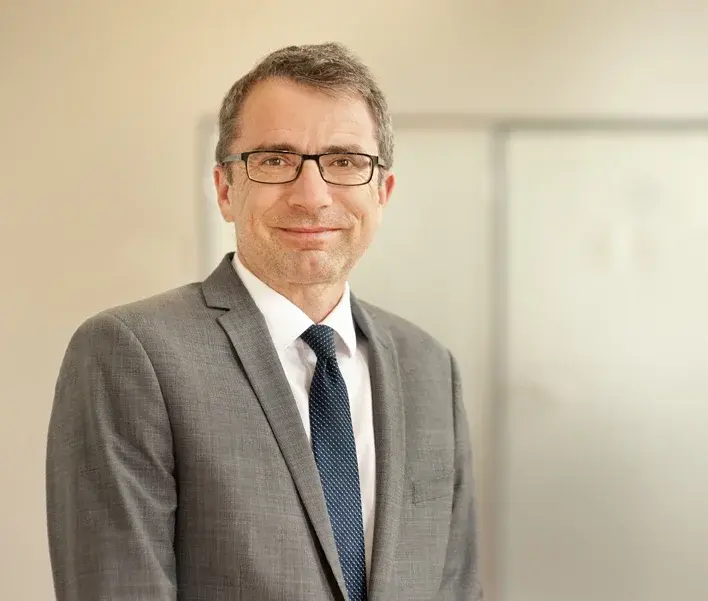Jörg Brauns becomes Director of the Berlin-Brandenburg Academy of Sciences and Humanities
Mr Brauns, did you not like it here in Erfurt?
On the contrary, I liked it very much. It was an exciting four years in a very good team. But the Berlin-Brandenburg Academy of Sciences and Humanities is one of the most important research institutions in the humanities in Germany and at the same time a central player in scientific advice to society and politics. Working there as director is a highly attractive task.
What will you miss?
The lively and green campus, which was unfortunately very deserted by Corona in the past two years. And of course the very committed colleagues, especially in the departments and staff units, with whom I worked closely.
What was the most difficult task for you in Erfurt?
Finding the balance again and again between the interests and needs of the academics and students on the one hand and the many legal requirements that a state administration has to observe on the other. Universities in Germany have certainly become more bureaucratic in recent years, which unfortunately absorbs too much energy from everyone involved.
What challenges now await you in Berlin and what are you looking forward to?
The Academy has different structures and tasks than a university, so I will have to get used to them. There, for example, there are long-term projects such as the Corpus Inscriptionum Latinarum, which has been in the works since 1853. I'm looking forward to getting to know a very competent team, but above all the members of the academy; the BBAW includes some of Germany's most renowned academics from all subject areas. And it will be exciting to be actively involved in Berlin-Brandenburg's diverse academic landscape, in which the academy plays a very central role.
What do you think you can leave to your successor (who has yet to be found) and what tip would you like to give him or her?
She or he should not put problems on the back burner, but make decisions step by step. In view of often diverging interests, it is of course important to discuss solutions together, even if it is not always possible to reach a consensus.


